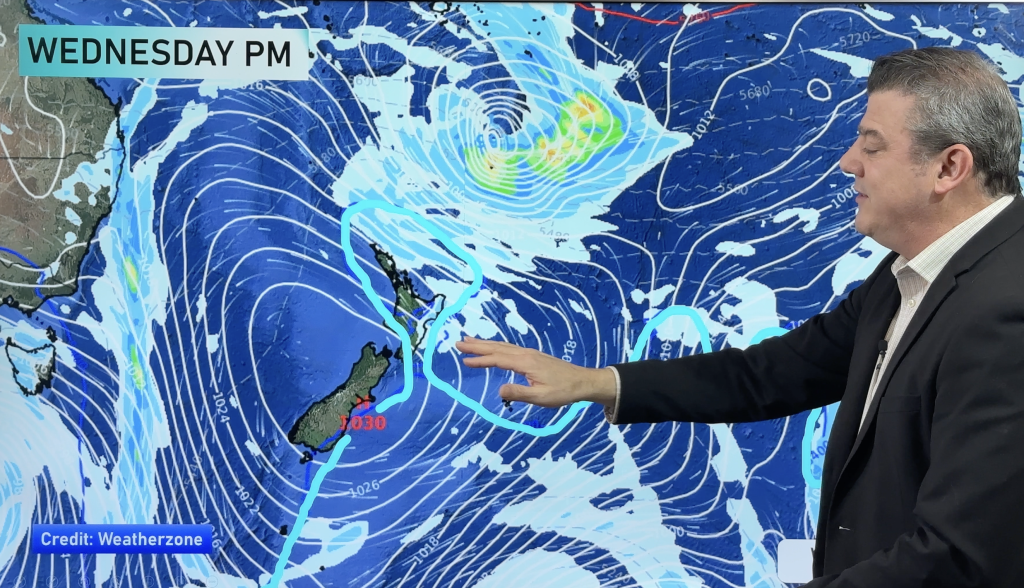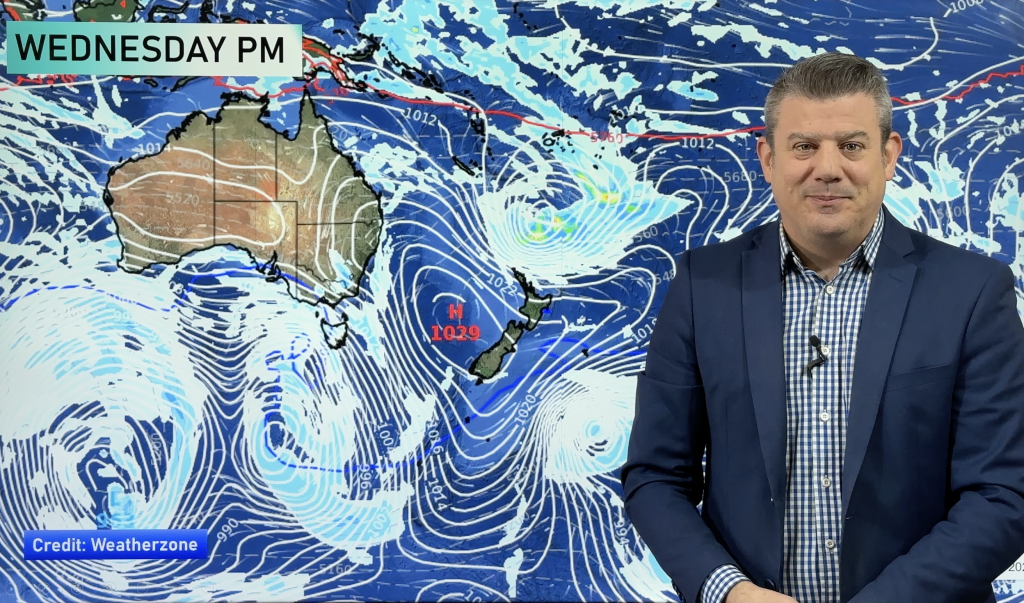Falling satellite passed over NZ, crashed into Pacific Ocean
28/09/2011 2:00am

> From the WeatherWatch archives
A defunct six tonne satellite passed over the West Coast and near Auckland before burning up over a remote area of the Pacific Ocean, Nasa maps show.
As reported by WeatherWatch.co.nz on Saturday the satellite quickly zipped up the West Coast of the South Island before crossing over the top of Northland and heading out over the Pacific. It then crashed into the the sea.
The 20-year-old Upper Atmospheric Research Satellite (UARS) dropped about 24 pieces of metal over 800km as it entered Earth’s atmosphere on Saturday.
New Nasa data tracks its descent from above the Indian Ocean off the coast of Africa to the Pacific Ocean at 14.1 degrees south latitude and 189.8 degrees east longitude.
New Zealand was the only major land mass plotted on its reentry path.
The satellite was shown heading up the West Coast and north of Auckland before coming to rest in a “broad, remote ocean area”.
It entered Earth’s atmosphere generally above American Samoa. But pieces of it did not start hitting the water for another 480 kilometres to the northeast, southwest of Christmas Island.
Nick Johnson, Nasa’s chief scientist for orbital debris, said the satellite had descended “well within” the range predicted by the Joint Space Operations Center.
“This was not an easy re-entry to predict because of the natural forces acting on the satellite as its orbit decayed. Space-faring nations around the world also were monitoring the satellite’s descent in the last two hours and all the predictions were well within the range estimated by JSpOC.”
UARS was launched aboard space shuttle Discovery in 1991. Nasa decommissioned the satellite in 2005, after moving it into a lower orbit that cut its life short by two decades.
Bits of space junk re-enter the atmosphere virtually every day. No injuries have ever been reported from it.
– nzherald.co.nz with WeatherWatch.co.nz
Comments
Before you add a new comment, take note this story was published on 28 Sep 2011.





Add new comment